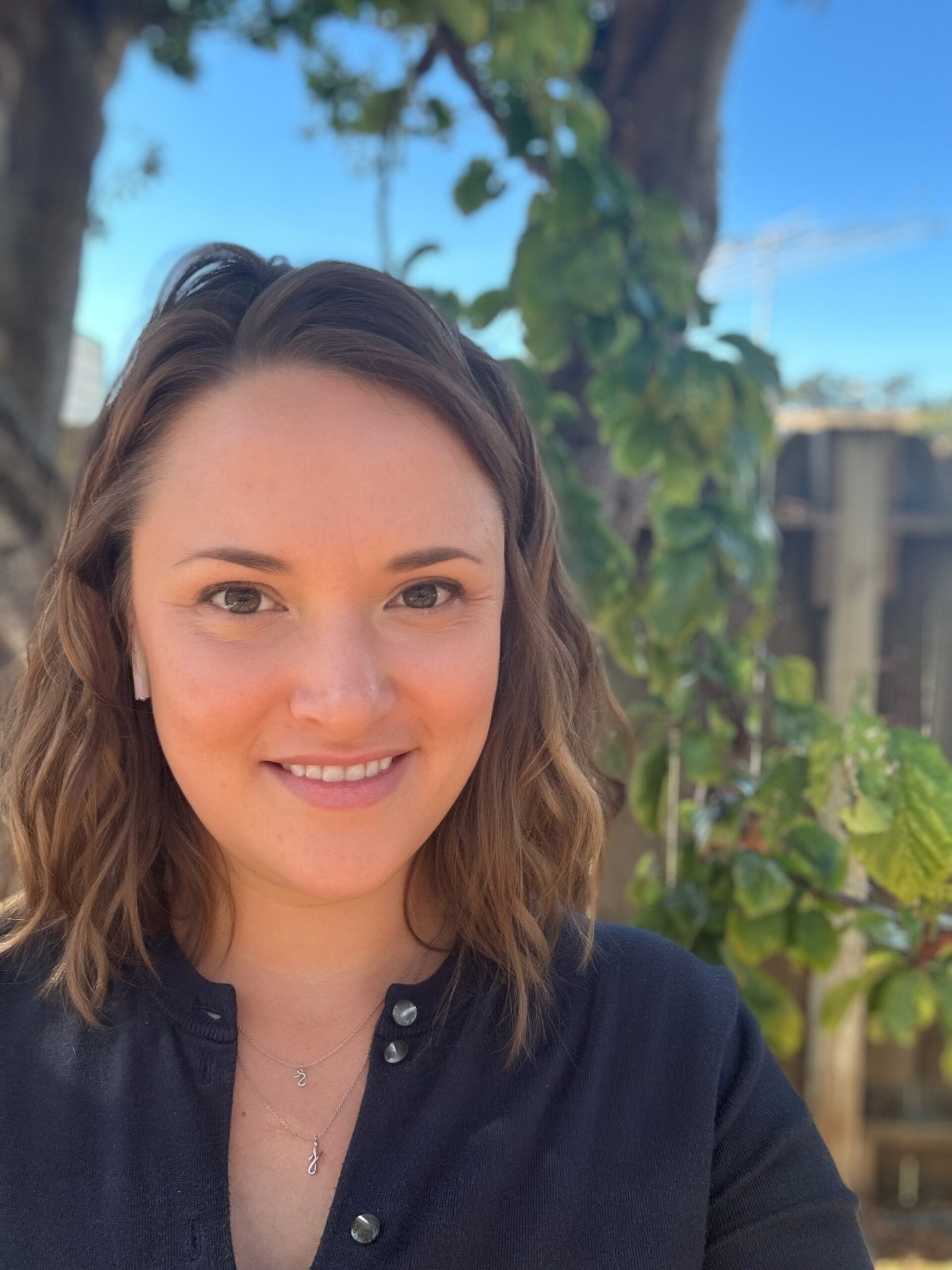1. How did you get interested in your research topic?
I first became interested in patient-doctor communication prior to medical school when I was volunteering at a local hospital. There, I began to see the importance of communication in shared decision-making and wondered about how to make things better for surgical patients. Since medical school, my research interests have centered around the role of patient preferences for care and integrating ethics into clinical practice.
In residency, I wanted to understand more about how to align patient preferences and goals with medical and surgical care, which led me to my interest in Advance Care Planning (ACP). ACP discussions can help align treatment intensity with patient preferences to balance the short-term risks vs. longer-term benefits of surgery and post-surgical complication management. I am particularly interested in the components of ACP that can facilitate a shared understanding of patient’s goals and preferences and how surgeons can incorporate that knowledge into their treatment recommendations.
2. How did you select your research mentorship team?
I am lucky to have an incredibly supportive multidisciplinary research mentorship team with Dr. Elizabeth Wick and Dr. Rebecca Sudore. I knew that I wanted to work with Dr. Wick because she is an expert in quality improvement, change management, and organizational culture as it applies to surgery. We were connected via our interest in ACP in surgery to Dr. Sudore, who is a geriatrician, palliative medicine physician, and clinician investigator. Dr. Sudore’s work has focused on improving ACP and medical decision making for culturally and ethnically diverse older adults. With their multidisciplinary expertise, Drs. Wick and Sudore have helped me to look at my research questions from varying perspectives. They have also supported me with my diverse professional interests, particularly advocating for me to take an additional professional development year to complete a clinical fellowship in Palliative Care.
3. How will you incorporate your research into your future career goals?
As a future colorectal surgeon, I see myself practicing in an academic setting where I can continue to work towards integrating palliative care and surgery both in my clinical work and in teaching the next generation of surgeons. Clinically, I plan to have a surgical practice focused primarily on caring for patients with colon and rectal disease, but given my interest in palliative care, I also see myself as caring for patients with a need for a surgical palliative procedure and/or complex decision-making for surgical care. I plan to continue working on improving communication between surgeons, the surgical care team, and patients, including expanding the use of goals and preferences, as well as integrating plain, patient-centered language into surgical consultation.
